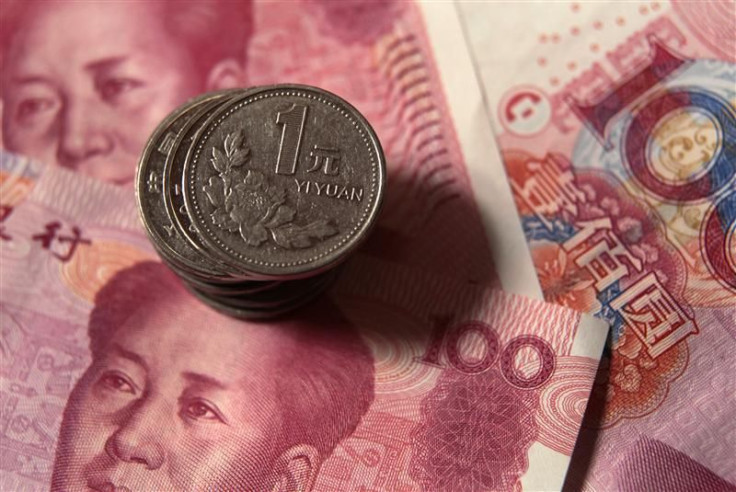China?s Non-Manufacturing Sector Growth Slows Down In May

China's non-manufacturing sector grew at a slower pace in May compared to the previous month, raising concerns about the slowdown in the country's economic growth.
The data released by the China Federation of Logistics and Purchasing on Sunday showed that the country's purchasing managers' index declined to 55.2 in May from 56.1 in April. The continuing debt crisis in Europe and the government's efforts to curb the property market boom are affecting the country's services industries in the world's second largest economy.
Earlier this month, China reported that its manufacturing activity grew at a slower pace in May compared to the previous month. There have been fears of a hard landing after data showed in April that China's economy slowed down to 8.1 percent in the first quarter, down from 8.9 percent in the fourth quarter of 2011. Beijing is targeting a growth rate of 7.5 percent this year.
Construction activities, which are an important part of the non-manufacturing sector, are also seriously affected. In its attempt to cool down the country's property market, the government increased its control measures. The large volume of unsold property on developers' books suggests that activity in the construction sector will remain weak even if growth in the overall economy accelerates again.
Developers have slowed the pace of new project start-ups, and overall construction activity in the country has declined as a result. In March, Premier Wen Jiabao made it clear that the government did not intend to relax its property market controls.
China is in a bind regarding its policies for the private property sector, a result of a slowing economy and persistent inflationary pressures. Income from land sales and property transaction-related fees has traditionally been a source of revenue for local governments in the country.
Meanwhile, it was reported earlier that China's inflation rate slowed in April from the previous month, showing signs that price pressure is gradually diminishing to make room for monetary easing. The diminishing inflation should be good news because it can help the government invigorate growth without much concern about price rises. Instead of fighting inflation, the most urgent priority for China appears to be its pro-growth policy stance against the current uncertain global situation.
© Copyright IBTimes 2024. All rights reserved.




















